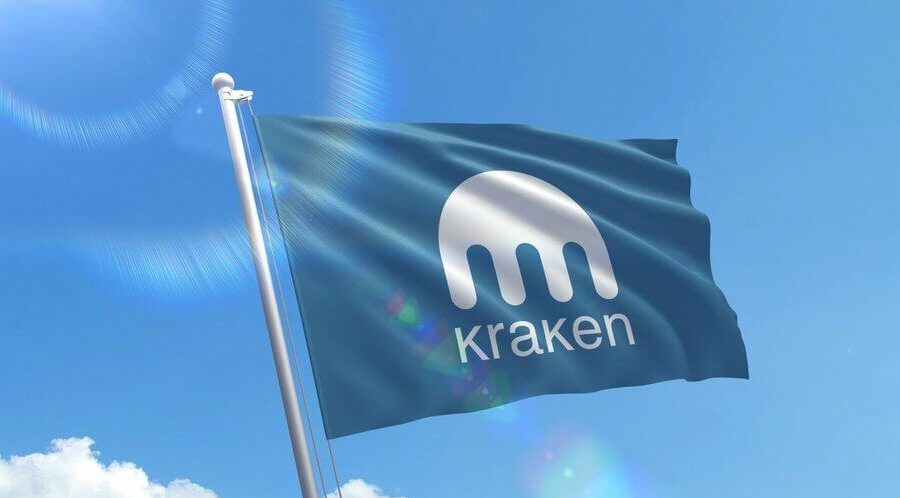The Kraken Story: An Exchange to Offset Mt. Gox
Kraken – a popular cryptocurrency exchange founded in 2011 by Jesse Powell – has recently offered its books to auditors to show them the company has heavy reserves of BTC, ETH, and Tether on file.
Kraken Has Tried to Do a Lot of Good
Kraken was founded in San Francisco, CA, which appears to be the ultimate hosting grounds for many crypto businesses considering this is long where Coinbase was stationed before deciding it was going to operate on a fully remote business during the COVID pandemic. Kraken was also founded as a means of offsetting the damage done by Mt. Gox, a shady digital currency exchange in Japan that was responsible for one of the biggest security flaws in the history of the space.
Occurring in February of 2014, Mt. Gox saw more than $400 million in BTC funds disappear overnight, with very little of that money ever being recovered or reimbursed at press time. Kraken sought a way to help those who had been affected, and thus the exchange came to fruition roughly three years after the notorious incident.
Powell even flew to Japan after this occurred to see if he could help in person. He says that if audits had occurred back then like they do now, the damage could have easily been lessened. Unfortunately, Mt. Gox existed in a time when the crypto market was very much in a birthing state, and very few people know how to handle the space accurately.
In an interview, Powell stated:
The biggest blow ups have really been these cases, like Mount Gox, or Quadriga, where they were insolvent for years. Because nobody was aware, the problem was able to get much worse as the exchange operators felt that they could dig themselves out of the hole, perhaps by trading their way back to full reserves or profitability.
Audits Can Still Be Improved
Despite the growth in cybersecurity and the advancement of crypto technology, Powell says things still aren’t quite where they need to be, and there are many areas where audits can improve. He stated:
One of the criticisms of the first audit we did back in 2014 was that this was just a point in time. You don’t know if we just borrowed 100,000 bitcoins from one of our investors or something to do this snapshot, and then, you know, we sent it back five minutes later… If you do this [release attestations] more frequently, doing those kinds of things is less likely to happen and more likely to be spotted. Say, for instance, you see 100,000 coins moving, you know, on the 30th of every month on chain.
Powell recently went on record to tell people that they shouldn’t ever discount bitcoin – despite its lagging price – and he continues to buy up more units whenever he has an opportunity.
Source: Read Full Article

